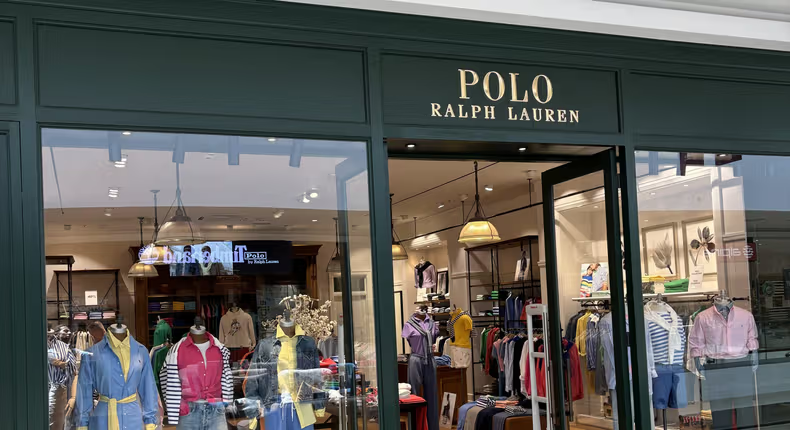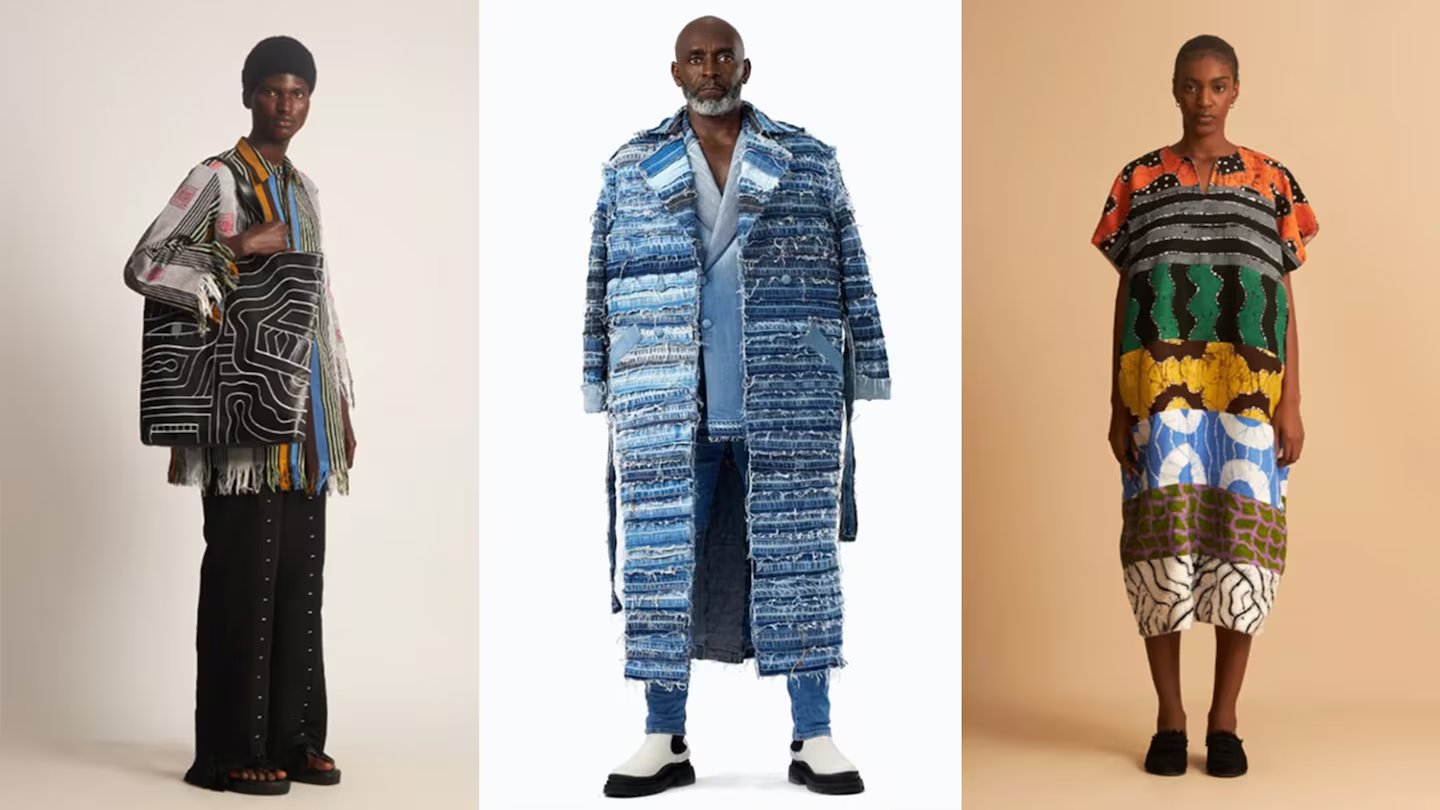In the Spring/Summer 2026 edition of Berlin Fashion Week, two African designers, Nigeria’s Orange Culture and Uganda’s Buzigahill, stood out in their attire and the powerful stories infused within. In a week traditionally dominated by European fashion houses and trends, the two labels presented a new vision that seamlessly integrated cultural heritage, sustainability, and contemporary identity into compelling runway moments. Their presence was more than just being present; it signalled a shift in how African fashion is perceived and welcomed globally.
Orange Culture, the Nigerian fashion brand spearheaded by Adebayo Oke-Lawal, presented a collection that greatly delved into matters of vulnerability and mental health. With fabric as his canvas, Oke-Lawal created evocative and tangible garments. The silhouettes were graphic and lavish but composed, teeming with texture that conveyed complexity and inner turmoil. The colour was communicative, veering into bright colours that spoke of joy and madness. For Oke-Lawal, this was more than fashion—it was therapy. He explained the collection was a consideration of “telling the truth with your heart,” using fashion to discuss the stigma on mental illness, especially among African men. His ability to share such personal narratives through fashion has consistently characterised Orange Culture, but showing in Berlin offered a different level of resonance. The crowd, typically accustomed to intellectual European showings, received him with open arms and curiosity. Oke-Lawal admitted he was surprised, acknowledging that he did not expect the level of acceptance and gratitude he found among Berliners. The response guaranteed his work could travel without sacrificing its cultural specificity.





That of Buzigahill’s presentation was equally forceful, a Ugandan brand led by designer Bobby Kolade. Whereas Orange Culture’s collection was about introspection, Buzigahill’s was based on social commentary and the reappropriation of history. The garments, deconstructed from second-hand clothing found at Uganda’s hectic Owino market, were dismantled and reassembled into new, high-fashion structures. This was not recycling for the sake of the trend. It was a deliberate political observation of waste colonialism—the disposal of unwanted clothes in African countries—and a call for protest. Every piece of clothing had a tag marked “Return to Sender,” a bitter reminder that the Global North’s consumption culture often becomes the Global South’s problem. Down the catwalk, Kolade’s models walked with purpose, draped in jackets made from repaired denim, fringed dresses crafted from repurposed vintage shirt material, and hybrid garments that defied categorisation. The clothes did not whisper. They bellowed.


Berlin’s embrace of these African voices is not happenstance. The city has become a hub for alternative fashion narratives, supported by a changing industry paradigm that embraces multicultural inclusion. This year, the Fashion Council Germany awarded grants to international designers and created space for off-calendar shows, such as Berlin Curated and Raum Berlin. These platforms opened access points for creatives who might not have had access or the funds to pay for traditional runway slots otherwise. For Oke-Lawal and Kolade, among other designers, the chance to present in Berlin wasn’t about status—it was about discovering people who would hear what their fashion was communicating.
The influence of these events transcends appearances. They disrupt myths about where things develop and who decides fashion’s destiny. Both Orange Culture and Buzigahill are rooted in African identity, but will not be preserved in what the Western markets expect of “African fashion.” There were no tribal prints to show, no cliched narrative. Instead, their collections were astute, relevant, and deeply personal. In Berlin, they found not just a runway, but a platform.
Their win in Berlin contributes to a growing list of African designers who are seeking and receiving international acclaim on their own terms. It proclaims that African fashion is no longer an afterthought to global conversation—it’s at the centre. When Berlin Fashion Week ended, one thing was sure: the fashion world was evolving, and fashionistas like Orange Culture and Buzigahill spearheaded the change. Their prose is beautiful and timely, and Berlin was the perfect location at the right time to hear them.

























